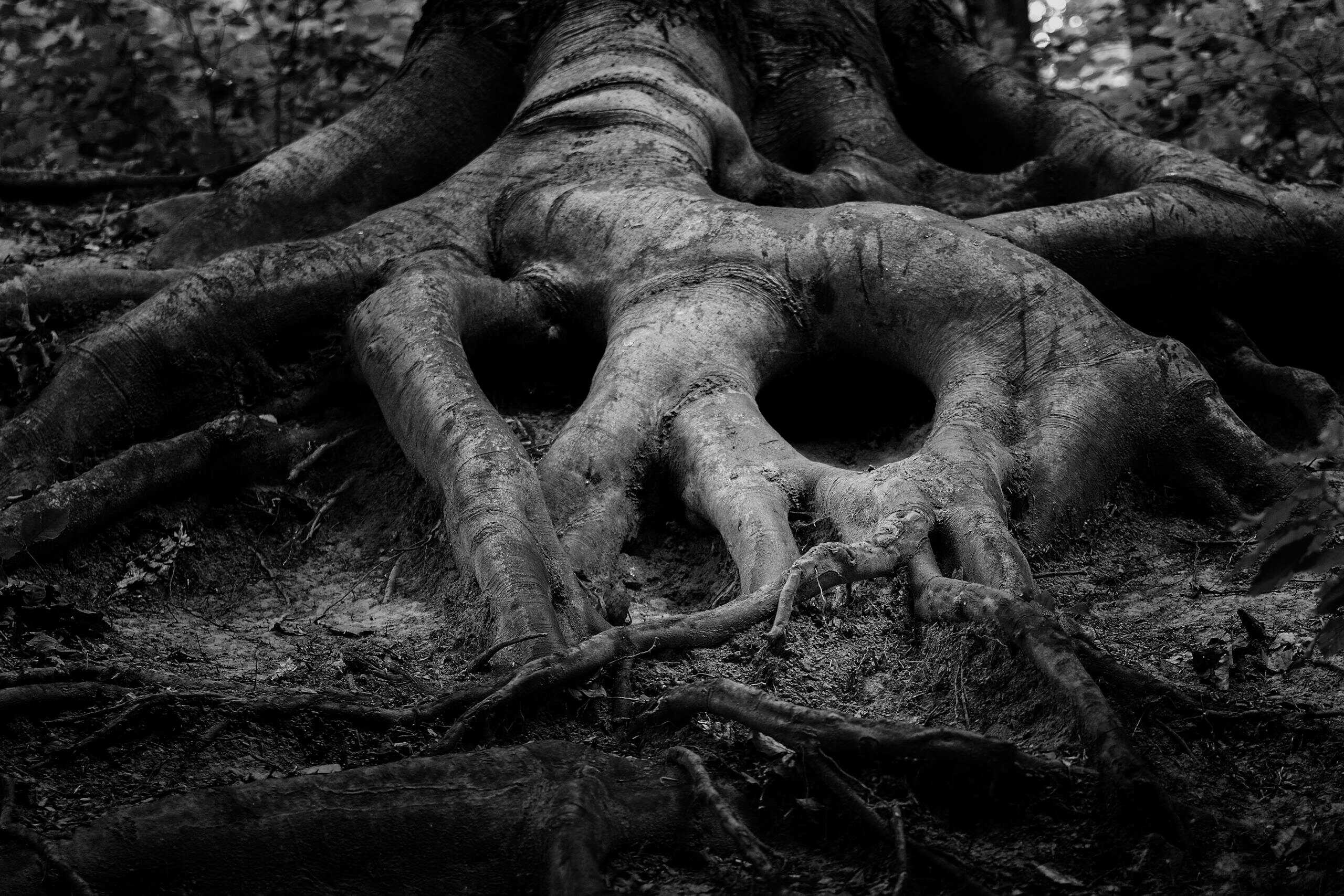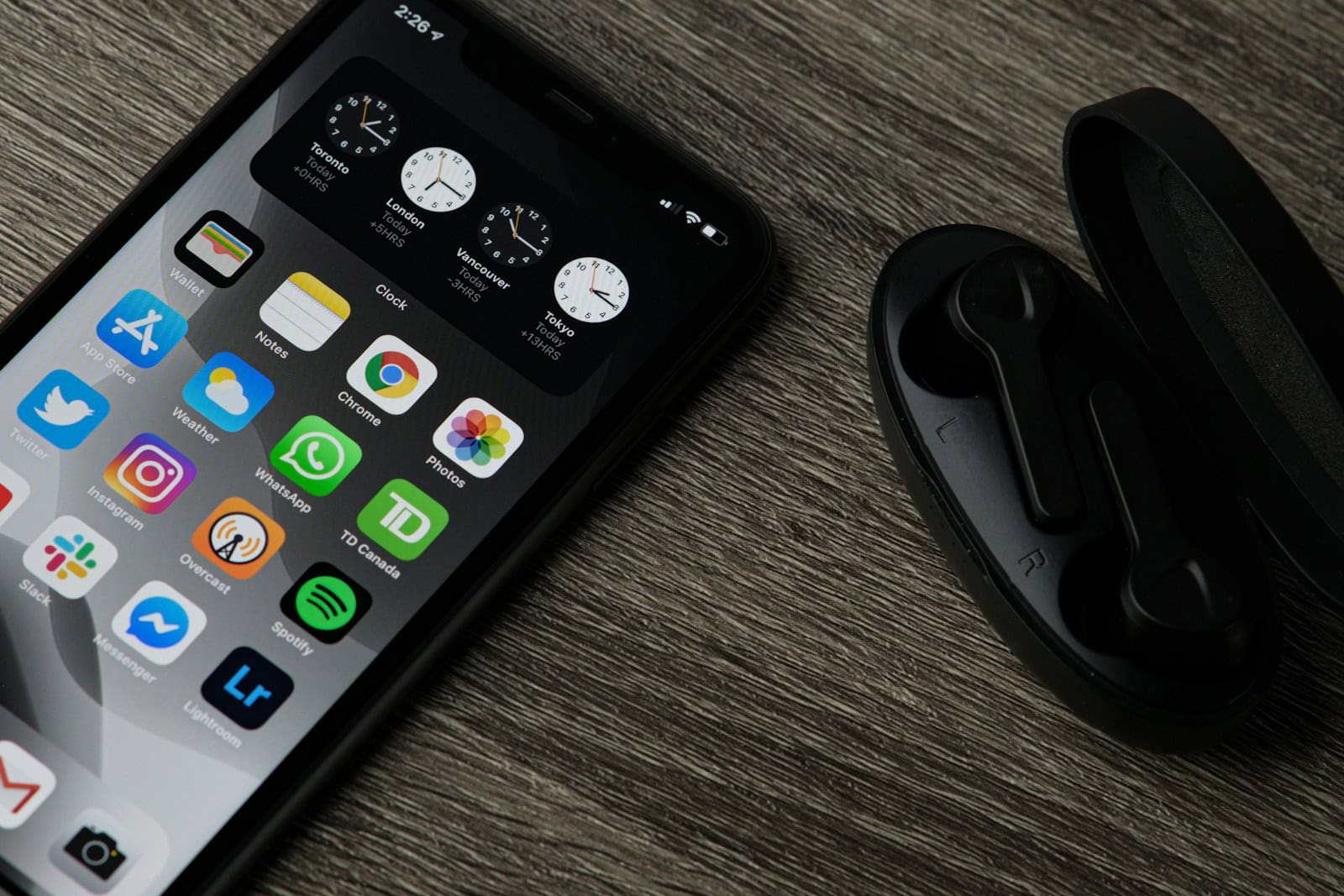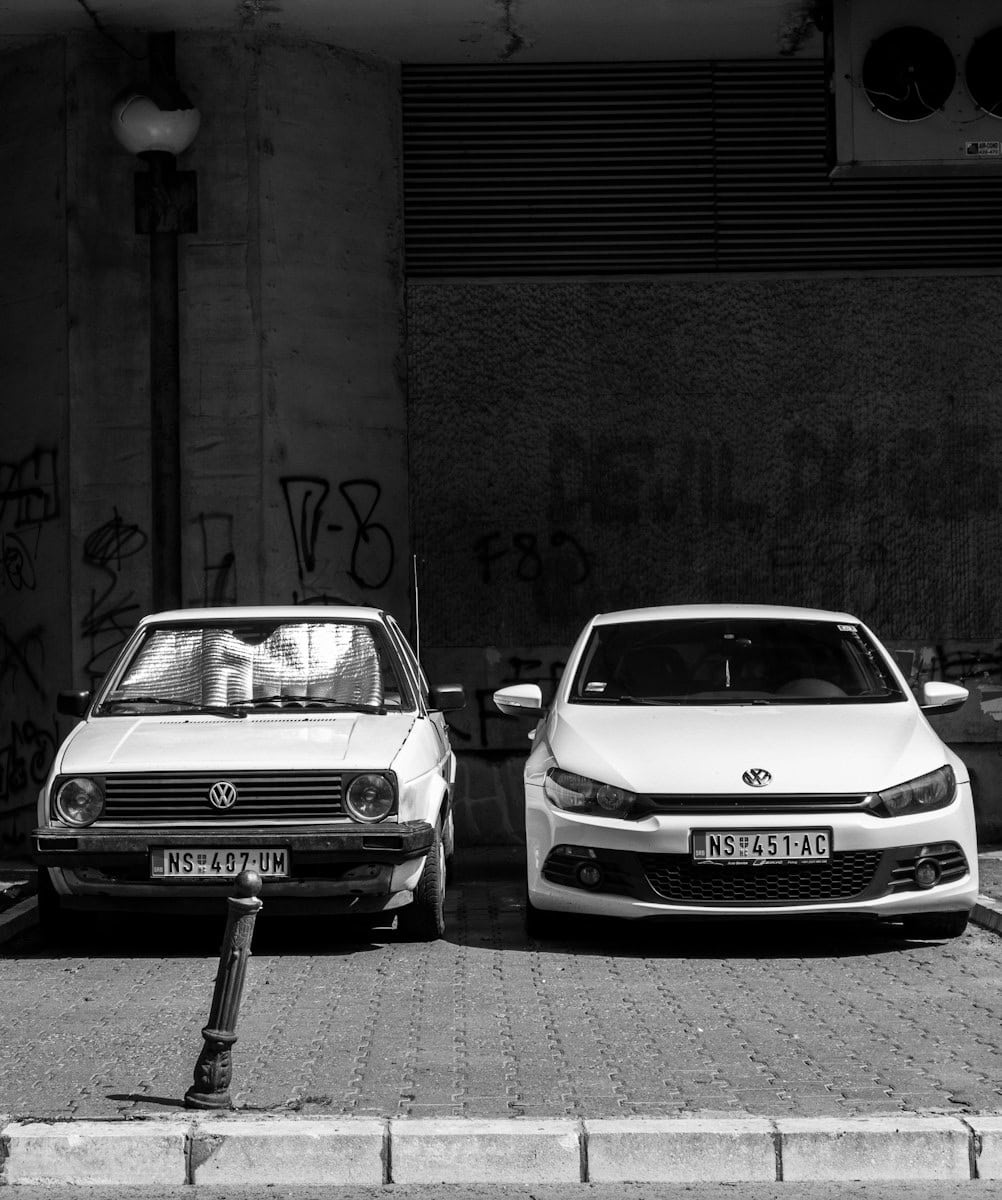What Are Bad Habits Really? 9 Hidden Root Causes

You know the scariest part isn’t when bad habits take over your life. It’s how normal they feel when they’re destroying everything you care about. We think bad habits are terrible things like, drinking yourself into oblivion or smoking 50 a day.
But ever caught herself scrolling social media at 2 AM? You have work the next morning and know better. But there you are, watching cat videos for the third straight hour.
You want to change and try to change. But somehow you keep doing the same things over and over again.
We’ve all been lied to, breaking bad habits isn’t about trying harder or having more self-control. It’s about understanding what drives them in the first place.
When you understand the real causes, everything shifts about how you approach change.
Why Most People Get Bad Habits Completely Wrong
Everyone says bad habits are about self-control and personal weakness, right? That you just need more willpower than you currently have. That successful people have stronger discipline than you do. WRONG! All this does is make us feel like failures.
But here’s what actually happens in your brain. Bad habits aren’t character flaws or personal failures. They’re your brain’s way of solving problems you didn’t even know you had.
Think about it like this. Your phone keeps freezing, so you restart it every time. The restarting becomes automatic without thinking. You’re solving the freezing problem, just not very well.
Bad habits work the same way. They solve real problems with quick fixes that create bigger problems later on.
Most people never figure this out. They keep wrestling with symptoms while the real causes stay completely hidden.
The Real Reason Your Brain Creates Bad Habits
Bad habits feel good right now. Good habits feel good later on. The thing is, your brain always picks “right now” when you’re stressed or tired.
This isn’t a design flaw in your thinking, there’s nothing wrong. Your brain evolved to keep you alive, not make you productive. Immediate rewards feel safer than future promises.
Picture this scenario: You’re stressed after work. Your brain offers two options: exercise (hard now, good later) or Netflix (good now, tired later). When you’re already drained, Netflix wins every single time, am I right? Even though you know working out is ‘better’…you opt for the easy solution
Bad habits become your brain’s emergency shortcuts. They promise quick relief from whatever you’re feeling right now. The relief might last five minutes, but it feels better than doing nothing.
This is why willpower fails so often. You’re not fighting the habit itself. You’re fighting your brain’s survival system that’s trying to protect you. Willpower is a conscious decision, bad habits are an automatic survival response.
For a deeper look at how habits are formed and why they’re so hard to break, check out this guide from The New York Times.
9 Hidden Causes That Keep Bad Habits Stuck in Place
Let me share what actually drives most stubborn bad habits. These aren’t obvious patterns. Most people never notice them working in the background.
- Feeling Management Problems
 This is huge and often overlooked. Most bad habits aren’t about the action itself. They’re about handling emotions you don’t want to feel right now, they are an escape route
This is huge and often overlooked. Most bad habits aren’t about the action itself. They’re about handling emotions you don’t want to feel right now, they are an escape route
Take constant phone checking as an example. People think it’s about social media addiction. But track when you check your phone carefully. It’s usually when you feel awkward, bored, lonely, or anxious.
Your phone becomes an escape hatch from uncomfortable feelings. The checking becomes automatic whenever those feelings show up in your body.
I learned this by watching my own patterns carefully. Every time I felt even slightly uncomfortable, out came the phone. Within seconds, the feeling was gone completely.
Solution: Learn to name your emotions specifically. “I feel anxious about the meeting” instead of “I feel bad.” This simple step reduces the emotion’s power over you.
- Reward System Mix-ups
Your brain rewards things that helped your ancestors survive. But modern life is completely different from cave life thousands of years ago.
Social media gives you tiny hits of connection. Junk food gives you quick energy boosts. These feel like wins to your ancient brain, even when they hurt modern you.
Fast food companies know this. They engineer foods to hit your reward buttons exactly right. Your brain thinks it found treasure, but your body pays the price later.
Solution: Build immediate rewards into good habits. Want to exercise? Put on your favorite playlist first. The music becomes the instant reward that gets you moving. You get a payoff right away
- Identity Stories
The stories you tell yourself about who you are shape everything you do. If you say “I’m not a morning person,” you’ll prove yourself right every single day and you reinforce that belief.
These stories feel true because you’ve lived them so long. But they’re just stories you can change. You have more control than you think.
If you always say “I’m terrible with money.” This story makes every spending choice feel predetermined. When you change the story to “I’m learning better money habits,” everything shifts.
Solution: Notice absolute language like “I always” or “I never.” Replace it with growth language like “I’m working on” or “I’m getting better at.”
- Environment Triggers
Your surroundings control more of your behavior than you realize. Willpower matters less than what’s around you every day.
Do you grabs snacks every time you walk through the kitchen? The kitchen itself has become a trigger for eating, regardless of actual hunger.
Your environment sends constant signals to your brain. Phone on the nightstand means checking it before sleep. Cookies on the counter mean eating them when you pass by.
Solution: Design your space to support good habits. Put healthy snacks at eye level. Keep your phone in another room at night. Make good choices easier than bad ones.
- Stress Overload
Stress shrinks the part of your brain that makes good decisions. It strengthens the part that runs on autopilot instead. Another survival mechanism.
When you’re overwhelmed, your brain switches to survival mode. It picks familiar patterns over smart choices. This is why bad habits get worse during difficult times. and is so easy to fall back into them
Trying to break bad habits while stressed is like trying to think clearly during a fire alarm. Your brain isn’t designed for complex decisions under pressure, all it wants to do is survive.
Solution: Reduce stress first, then work on habits. Simple breathing exercises, short walks, or five-minute breaks can reset your brain’s decision-making ability.
- Time Thinking Errors
Your brain values immediate rewards much more than future benefits. This isn’t laziness or lack of discipline. It’s how human brains work naturally.
A cookie right now feels more real than being healthy next year. Your brain can’t feel future benefits, only current ones that exist today.
This explains why diets fail and exercise plans stop. The work is immediate and hard. The benefits are distant and abstract to your mind.
Solution: Make future consequences feel present. Visualize your future self clearly. Write letters from your future self thanking your current self for good choices.
- Social Pressure
Humans copy the people around them automatically. If your friends stay up late, you’ll tend to stay up late too without thinking.
This happens without conscious choice. Your brain is constantly adjusting your behavior to match your social group for acceptance, we are tribal, we want to fit it
Many bad habits persist because they’re normal in your circle. Changing them might mean standing out, which feels risky to your social brain.
Solution: Find people who model the habits you want. Even online communities count. Seeing good habits as normal makes them easier to adopt.
- Brain Pathway Strength
Every time you repeat a habit, you strengthen that pathway in your brain. Bad habits create physical grooves that get deeper with repetition.
This is why habits feel automatic. Your brain is literally wired to perform them. Breaking bad habits means building new pathways while weakening old ones.
This process takes time. Your brain needs weeks or months to restructure, to create new pathways. Quick fixes don’t work because they can’t rewire your neural networks.
Solution: Focus on consistency over intensity. Small daily actions create stronger pathways than occasional big efforts. Be patient with the rewiring process.
- Hidden Protection Patterns
Some bad habits protected you in the past but hurt you now. Your brain keeps using outdated solutions for current problems.
Maybe overthinking helped you avoid trouble as a kid. But now it creates anxiety instead of safety. Your brain hasn’t updated its software.
Stubborn bad habits often have these protective roots. They served a purpose once, even if they don’t anymore.
Solution: Approach resistant bad habits with curiosity, not judgment. Ask what they might be protecting you from. Address the underlying need differently.
How Understanding Changes Everything
When you stop seeing bad habits as personal failures, everything shifts. They become puzzles to solve instead of battles to fight. And the frustration and feelings of failure drop.
This understanding reveals better starting points. Instead of forcing different actions, you address what created the habit in the first place.
It also transforms setbacks. When you slip back into old patterns, you gain information instead of shame. Each relapse shows you which cause still needs attention.
Most importantly, it makes change sustainable. When you meet the real need behind a bad habit, the habit often dissolves naturally.
This approach takes longer than quick fixes. But it creates lasting change because it addresses root causes instead of surface symptoms.
Conclusion
Bad habits aren’t evidence that you’re weak or broken. They’re signs that your brain is trying to solve problems with outdated tools.
Understanding the real causes behind bad habits changes everything about how you approach them. Instead of fighting yourself, you work with your brain’s natural systems.
Try this one thing today: pick one bad habit and ask what problem it might be solving. Don’t judge the answer. Just get curious about what’s really happening.
You’re not fighting your habits anymore. You’re understanding them. And understanding is the first step to lasting change.
What hidden cause resonates most with your experience? What would you try differently now?
📋 Quiz Statements (20 questions):
| # | Statement |
|---|---|
| 1 | I repeat behaviors I know aren’t good for me. |
| 2 | I turn to distractions (scrolling, food, screens) when I’m stressed. |
| 3 | I avoid tasks that matter because they feel uncomfortable. |
| 4 | I feel guilt or shame immediately after indulging a habit. |
| 5 | I tell myself “just this once” even when I know better. |
| 6 | I get stuck in cycles of self-blame or regret about my habits. |
| 7 | I crave certain behaviors when I’m bored, lonely, or anxious. |
| 8 | I hide or minimize my behavior to others. |
| 9 | I sabotage my own progress even when things are going well. |
| 10 | I fear who I’d be without certain habits. |
| 11 | I abandon goals if I’m not perfect from the start. |
| 12 | I find it easier to start over than to stay consistent. |
| 13 | I know what I should do, but I don’t do it. |
| 14 | I rely on routines that numb me instead of nourish me. |
| 15 | I break promises to myself and then justify it. |
| 16 | I criticize myself harshly when I mess up. |
| 17 | I use humor or denial to downplay bad habits. |
| 18 | I believe change is possible for others more than for me. |
| 19 | I feel resistance or discomfort when I try to change. |
| 20 | I’ve built my lifestyle around coping mechanisms. |
📊 Scoring:
-
Never = 0
-
Sometimes = 1
-
Often = 2
Total Possible Score: 40
| Range | Interpretation |
|---|---|
| 0–10 | ✅ Self-Aware – You likely recognize and regulate your habits with conscious effort. |
| 11–25 | ⚠️ Mixed Zone – You’re aware of your patterns but often caught between knowing and doing. |
| 26–40 | 🔴 Habit Loop in Control – Your habits are likely covering emotional needs and keeping you stuck. |
FAQs
Why do bad habits feel so automatic? Bad habits create strong pathways in your brain through repetition. These pathways make the behavior feel effortless and natural, even when you consciously want to change.
How long does it really take to break a bad habit? Research shows it takes anywhere from 18 to 254 days, with an average of 66 days. The time depends on the complexity of the habit and how long you’ve been doing it.
Can you really change bad habits without willpower? Yes. Understanding the root causes and changing your environment removes the need for constant willpower. You make good choices easier and bad choices harder.






